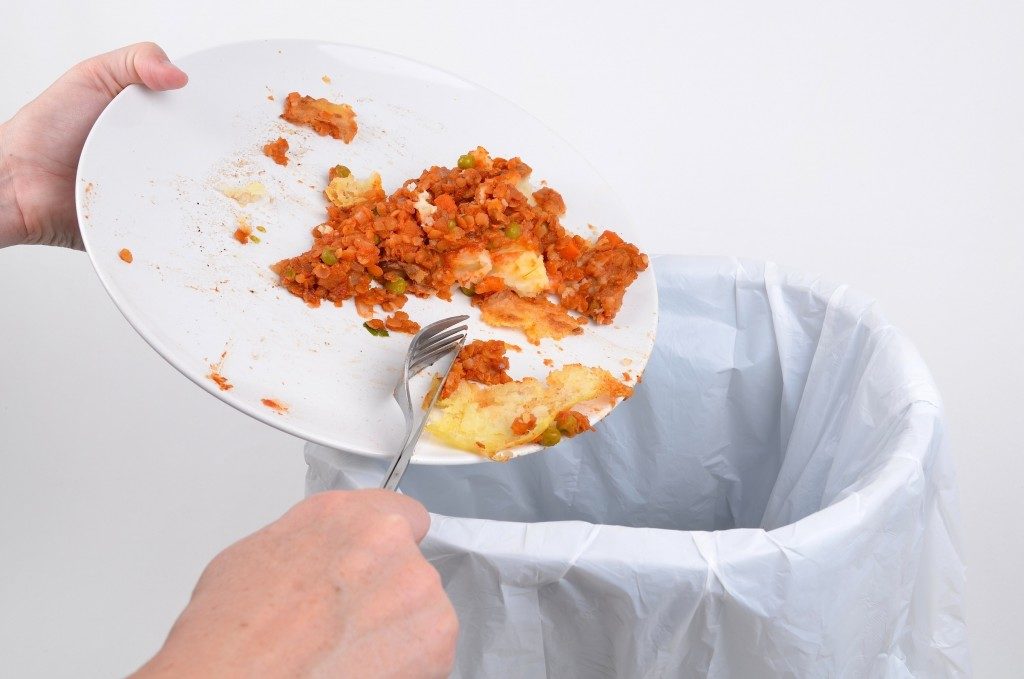It’s not uncommon to see a customer leave the restaurant with leftovers on their plate. It is also not out of the ordinary for restaurants to have perishable ingredients go bad when unused within their period of freshness. If you own or manage a restaurant, chances are you are no stranger to both these situations.
And, while you may consider such things as part and parcel of being in the food industry, the truth is you could be losing potential profit on account of food waste.
The Impact of Food Waste on Profit
In 2015, charity organisation Waste & Resources Action Programme (WRAP) estimated annual food waste at around 10 million tonnes, which had an estimated value of over £20 billion a year. Ten per cent of the amount of food waste came from the food and hospitality service. When placed into perspective, the amount of food waste your restaurant generates translates to a great deal of lost profit.
The restaurant industry is highly competitive, and maintaining profitability is the key to staying afloat in the overcrowded market. Food waste can be one of the biggest factors to your bottom line, so learning how to mitigate its impact could help your business.
Assessing Your Food Waste
If you are wasting food before it gets to the customer, you need to reassess your allocation and purchase habits. Although it’s more cost-effective to buy ingredients in bulk, you are not saving when you throw away products that have expired or gone bad. Review your purchases and determine what ingredients you’re buying too much of.
Your ingredients might be going bad quickly because of the way they are stored, too, so you need to look into proper storage. Examine your food prep procedures as well, as your staff might be wasting food because of the wrong preparation methods.
Reviewing your post-consumption waste helps, too. If customers are not eating the whole portion, it’s a sign that you might be serving overly large portions.
Minimising Food Waste
Now that you know how much waste you are producing, it’s time to find ways of reducing them. Here are some ideas:
-
Tweak your menu
Once you determine which menu items have the most leftovers, think of lessening their portion sizes or getting rid of them altogether. Not only do you minimise the quantity of food waste, but you’ll also reduce the cost of cooking each dish. Also, provide diners with take-home options for their leftovers, whenever applicable.
-
Make smarter purchases
If some ingredients spoil quickly because you cannot use them before their expiry date, consider buying them in smaller packages. You may likewise want to look into your daily allocations and estimates for your menu and the number of diners you get each day, and adjust your estimates and calculations, accordingly.
-
Invest in high-quality kitchen equipment
Investing in the best equipment allows you to make the most of your ingredients. Specialised knives for peeling and filleting help retain the freshness of veggies and meat, for instance. The latest commercial blenders for cocktails and smoothies create smooth and consistent beverages, lessening the instances of under- or over-blending which would require you to make a fresh batch for the order.
-
Store ingredients properly
It goes without saying that proper storage extends shelf life and time of use of ingredients and food items. It is vital to store ingredients in suitable containers and in appropriate places. Make sure they are properly labelled with the date of storage, so you know which ones are near the end of their storage life.
-
Recycle food waste
The good news is that food waste is recyclable for use as energy resources or sent to landfills for composting. You can also make a deal with a local recycling company so that you earn money from your restaurant’s collective food waste.

It’s normal for a restaurant to have a certain amount of food waste, but it’s a different matter when it’s costing your business and affecting your profit margins. Analysing your current situation and making smart decisions about food waste helps you stay competitive in the food service industry while minimising your impact on the environment.
